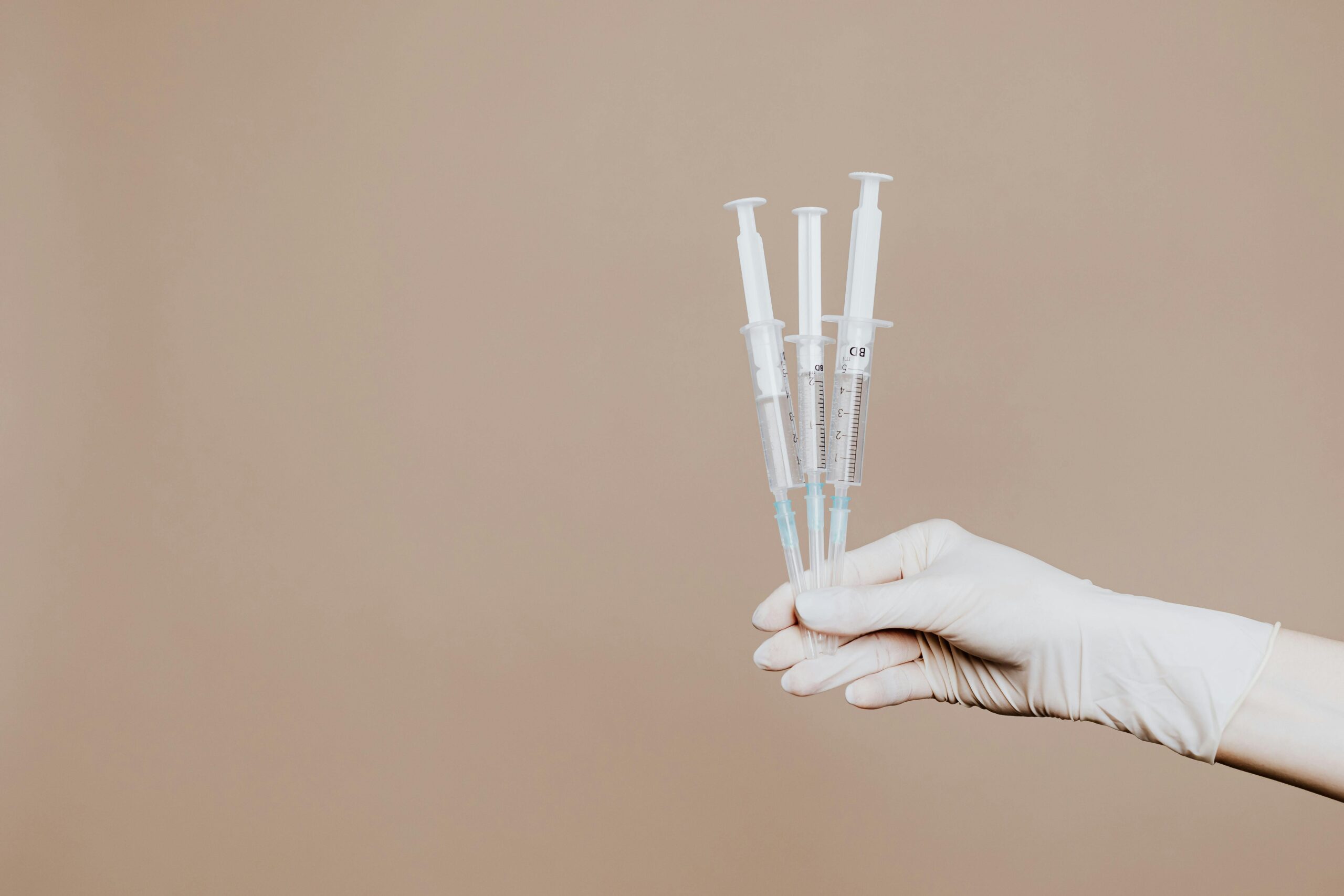The Pros & Cons of RSV Vaccine for the Elderly

Since 2023, the Joint Committee on Vaccination and Immunisation (JCVI) has been evaluating the latest evidence on immunisation products that could help protect both older adults and infants against respiratory syncytial virus (RSV) infection and disease. In an effort to shield the most vulnerable, those aged 75 and over, as well as individuals between 75 and 79, will soon be eligible for a free RSV vaccine. This initiative aims to guard against the potentially severe consequences of RSV, a virus that poses significant risks to the elderly.
Understanding RSV and Its Symptoms
RSV is an infectious disease that targets the airways and lungs, often mimicking common cold symptoms. These include:
- Runny or blocked nose
- Sneezing
- Coughing
- Fatigue
- Fever
- Sweating
- Shivering
Why is the RSV Vaccine Necessary?
Each year, RSV leads to approximately 9,000 hospital admissions among those aged 75 and older. The UK government asserts that widespread vaccination could prevent hundreds of deaths annually. This vaccine is crucial because RSV can escalate into life-threatening complications, such as pneumonia, and can exacerbate pre-existing conditions like asthma, congestive heart failure, and chronic obstructive pulmonary disease (COPD). Medical experts highlight that the new vaccine represents a significant opportunity to prevent severe illness in those most vulnerable to RSV, thereby saving lives and easing the burden on the NHS during the winter months.
Potential Side Effects of the Vaccine:
While the RSV vaccine offers substantial benefits, it does come with potential side effects. The most common reactions include pain, redness, and swelling at the injection site. Other side effects may include fatigue, fever, headaches, nausea, diarrhoea, and muscle or joint pain.
How the Vaccine Works
A single dose of the vaccine is designed to boost protection as individuals enter an age group at the highest risk for serious RSV infection. Clinical trials suggest that the vaccine significantly reduces the likelihood of severe RSV disease. However, no vaccine is 100% effective, and some people may still experience mild symptoms after vaccination. Nevertheless, the vaccine is expected to offer strong protection for at least two years, with the potential for longer-lasting immunity.
Further clinical trials have shown that the vaccine can enhance immunity, reduce the risk of infection and hospitalisation, and ultimately contribute to improving population health.
The introduction of the RSV vaccine for the elderly in the UK marks a significant step forward in protecting this vulnerable population. While there are some potential side effects, the benefits of reducing severe illness and easing the strain on healthcare services are clear.
If your organisation is looking for care workers to assist with the well-being of your loved ones, please learn more about Angel Care and contact us.